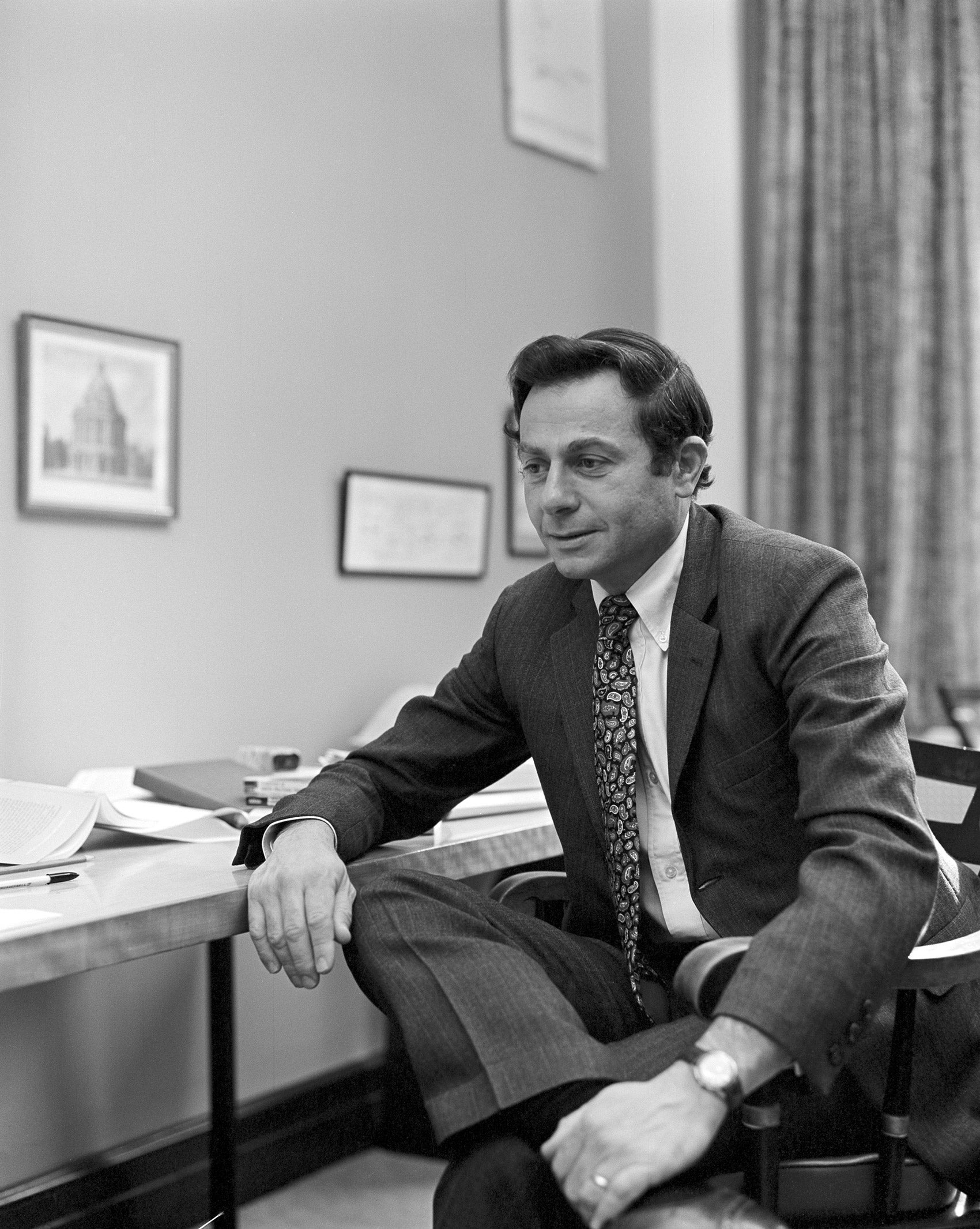Remembering Lloyd Weinreb: 1936-2021

In 1968 I was a second-year law student and my wife was in her final year at Radcliffe. It was the middle of a very cold winter and a raging snowstorm. It was the night we had invited one of my Harvard Law professors, Lloyd Weinreb, to dinner.
I did not know any other students who had ever invited one of their HLS professors to dinner. But wasn’t it time to try something new? The whole university was a boiling mess, the beginning of radical change, long overdue.
Now, looking out the window, I saw the traffic had stopped on Mount Auburn Street. White blankets of snow were waving in the street lights.
“There is no way Professor Weinreb is coming to dinner tonight,” my wife said. And just like that, the telephone rang. “See?” she added.
“I just wanted to check if dinner was still on,” Professor Weinreb said.
“Yes, but I don’t think you can make it,” I said. “Nothing is moving.”
“But dinner is still on?”
“Sure,” I said.
Twenty minutes later, I saw two figures trudging up Mount Auburn in the snow, the streetlights flickering. They were the only living things in sight, the two of them like explorers right in the middle of the street.
You are going to remember a professor who braves the biggest snowstorm in a decade to come to dinner with a student he barely knows. Professor Weinreb was an explorer.
John Jay Osborn Jr. ’70
San Francisco
‘Envy does not begin to describe my feelings’
The most recent issue (Winter 2022) brought joy and redemption to this 1964 graduate. As a mere foot soldier in the trenches of the law all these years (now retired), I previously could only marvel at the accomplishments of my former classmates as the Bulletin trumpeted their achievements as, among other things, captains of industry, leaders of government, civil rights icons, and travelers to space on the last space shuttle (well, almost). Envy does not begin to describe my feelings.
To my disbelief, however, the Winter 2022 issue warmed the mundane cockles of my heart, as it contained no mention of anyone in the Class of 1964. Is it possible that this elite group contained no one with any recent accomplishments worth noting? Were they just living normal lives for a period of time and just getting along in life?
My jealous heart runneth over.
Ernest S. Gould ’64
Los Angeles
Times v. Sullivan provides essential protection
Robert Kantowitz makes some provocative comments about First Amendment rights in his letter (Letters, Winter 2022 issue) on the Pentagon Papers article (from Summer 2021 issue). But his analysis veers off course when he conflates the rights of freedom of speech and freedom of the press, as if the latter was merely a subset of the former. Just as the “Religion” portion of the First Amendment incorporates two related but separate clauses, so does the “Speech” section. Freedom of speech and freedom of the press are not identical, and to a great extent not overlapping. But Mr. Kantowitz does not feel the press “deserves special solicitude.”
The authors of the Bill of Rights believed that freedom of the press was critically important to the success of our republican government. For that reason, freedom of the press was singled out for inclusion among the specific enumerated rights of the First Amendment, the only private industry included, and indeed the only private industry mentioned in the entire Constitution. But ascribing such importance to the press relied on an enormous assumption — that a vibrant, thriving, and economically sustainable press industry would always exist.
There is no denying that the internet’s democratization of publishing has made it more challenging for Americans to discern legitimate news reporting sources (“the press”) from biased, subjective, and even deceptive opinion platforms. But that doesn’t compel throwing up our hands in surrender. False or “alternative” facts and false news, like other deceptive content, are not protected by the First Amendment. And the task of differentiating the press from the chaff is not impossible. Citizens who read beyond what their smartphone screens show them can tell the difference. Our courts have also demonstrated this ability in cases such as Bollea v. Gawker.
Mr. Kantowitz sees a solution by making fake, sensationalist, and voyeuristic news poseurs more vulnerable to legal liability. He forecasts that “within the coming few years New York Times Co. v. Sullivan will be overturned or eviscerated … because its test is no longer practical.” To me, that would be the worst possible outcome — removing the single most important bulwark protecting the press from the revenue depletion of constantly responding to bad-faith, politically motivated, and meritless lawsuits, as we saw occur in the aftermath of the 2020 presidential election. Opening the legal liability gates by getting rid of Sullivan would likely result in the complete destruction of the press, accomplishing what has been the far-right’s objective all along. That outcome could produce an even more serious result: a mortal wound to the citizenry’s ability to think for themselves and speak truth to power.
Curt Krechevsky ’82
Wellesley, Massachusetts